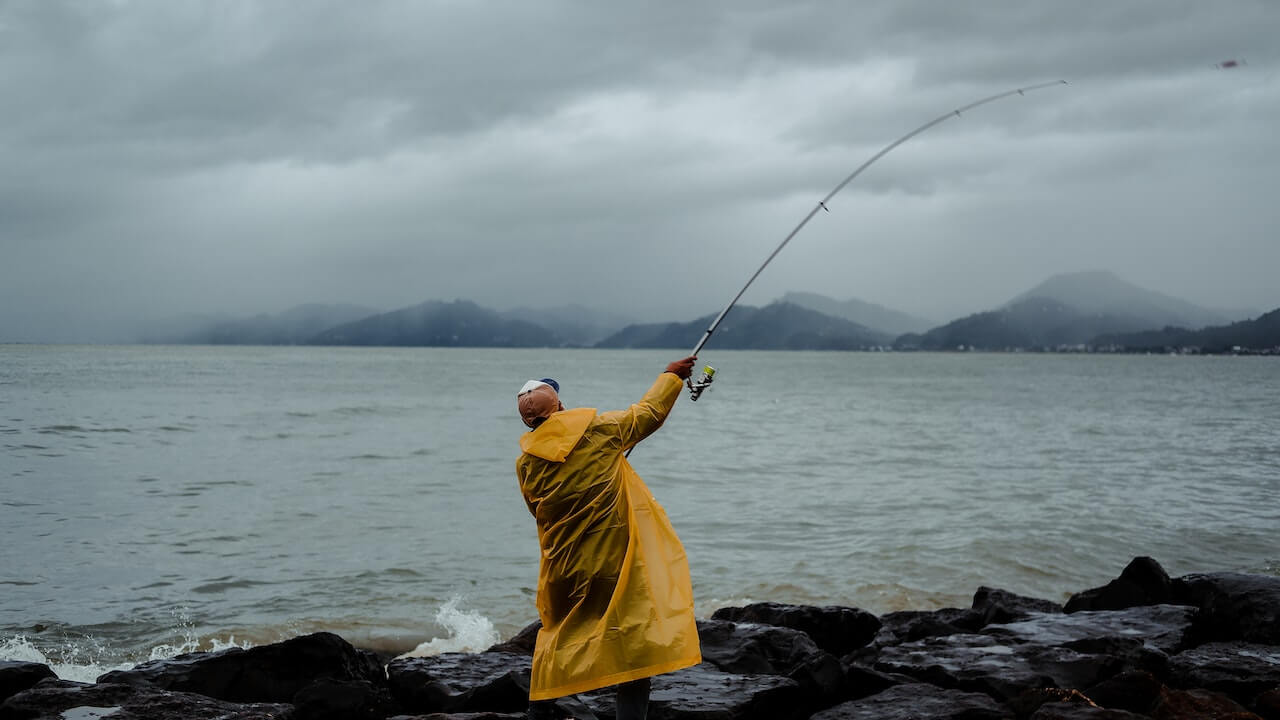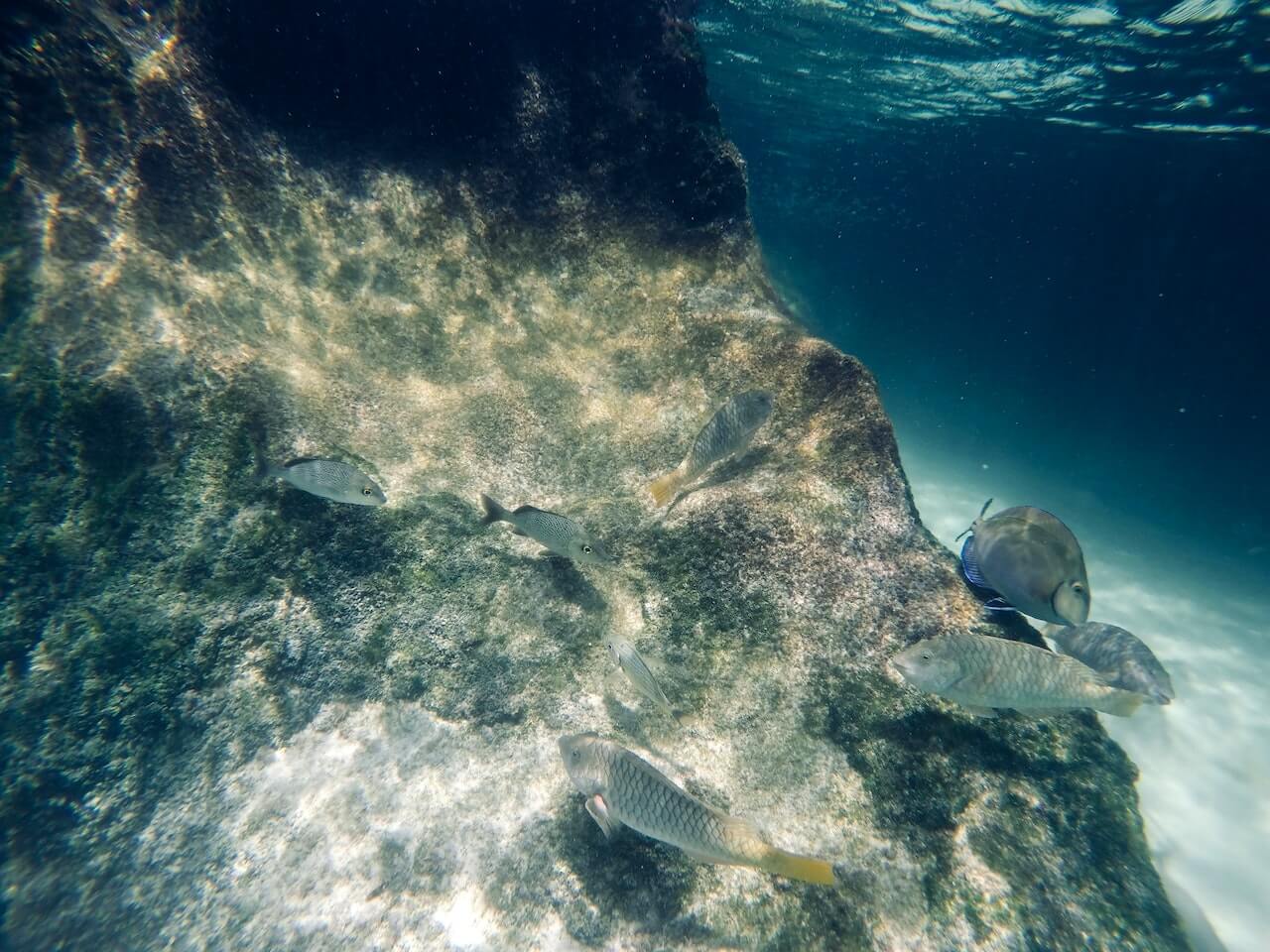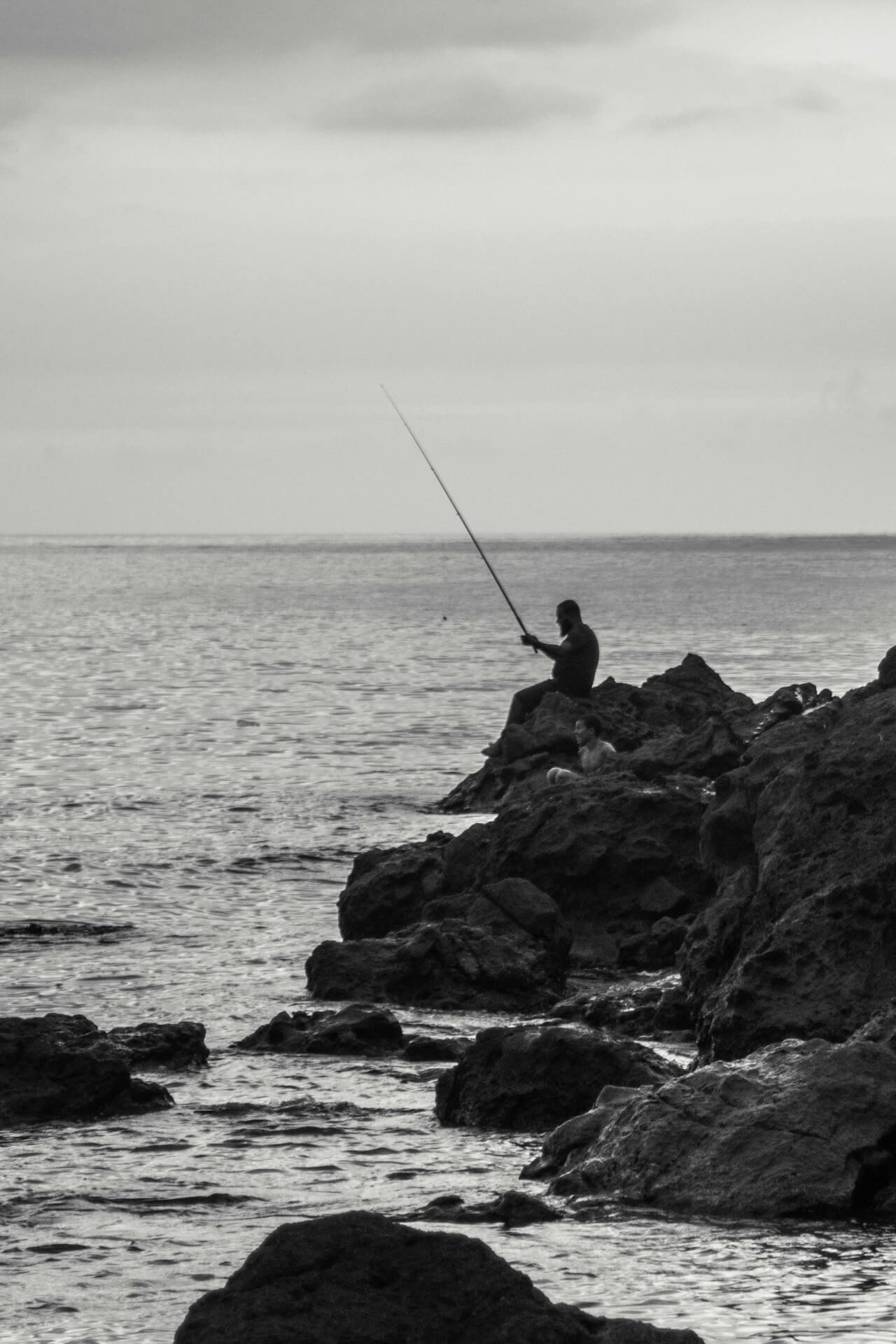
Rockfishing is a sea-fishing technique that involves stalking fish in rocks and coastal areas. To make a success of your rockfishing trip, you need to be familiar with the different species of fish likely to be found in these specific habitats. You may also have wondered what fish can be caught during a rockfishing session Well, that's exactly what we're going to talk about in this article: we'll introduce you to the main fish that can be encountered during a rockfishing session!
Rock fish: the most common species

Here are some of the most common rockfish you may encounter during a rockfishing session:
- Gobies: small fish that are very common in rocky areas and often easy to catch.
- Red mullet: fish sought after by many anglers for their tasty flesh and attractive colours.
- Olds: very present on rocky coasts with their mottled coat, they offer a great fight when hooked.
- Serrans: large predatory fish generally found near submerged structures such as wrecks or dykes.
- Moustelles: used to rocky areas, they have a large mouth with sharp teeth.
Discover all the equipment you need to catch these rock fish
Other fish found on rocky coasts
As well as the species mentioned above, you may also come across other fish on your rockfishing trips:
- Bordelots: small silvery fish that often live in shoals near rocks or the shore.
- Monkfish: these predatory fish belong to the Gadidae family and are generally found in current areas near the coast.
- Sea bass: highly prized by sport fishermen for its vigorous defence, this fish lives mainly in rocky areas where it hunts its prey.
- Cod: although less common than some of the species mentioned above, they can be found in rocky depths.
Fishing techniques suitable for rockfishing

To get the most out of your rockfishing trip, there are a number of specific fishing techniques that can be used:
Cast and drag in rocky areas
This technique consists of propelling the lure close to the rocks and bringing it back slowly and evenly. Predatory fish such as sea bass, pout and mosquitoes generally do not hesitate to attack this type of moving prey.
You can read our other articles at the bottom of the page, which deal with all the questions you might have about this type of fishing.
Vertical fishing near submerged structures
Vertical fishing allows you to track predatory fish hiding near wrecks, dykes or other submerged structures. You may discover species such as redfish, cod or even conger eels.
Waddle close to the rocks
By waddling your bait close to rocks, you imitate the natural behaviour of living prey, which move in a jerky manner. Gobies, mullet and red mullet are particularly receptive to this fishing technique.
The right equipment for rockfishing
To make your rockfishing session as easy as possible and maximise your chances of catching fish, here are a few essential pieces of equipment:
- Light, sensitive rods: ideal for detecting fish bites and mastering the fight with them.
- Fixed drum reels: very practical for casting and retrieving your lure or bait quickly.
- Braid thin and strong: offer better bite detection and enable you to fight fish more effectively.
- Single or treble hooks: adapted to the size of the natural prey you wish to imitate (worms, prawns, pieces of fish, etc.).
Our other articles on rockfishing:
